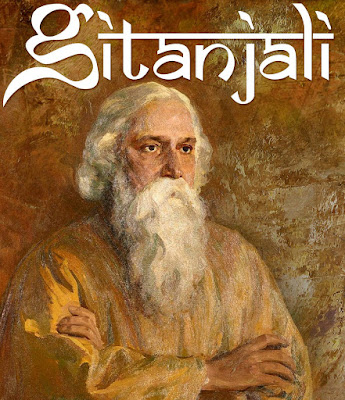Tagore was a Bengali author who won the Nobel Prize for Literature in 1913. He was conceived in Calcutta and later gone over the world. He experienced childhood in a huge house where there was much written work and masterful action, and he composed productively his whole life, creating more than 3,000 songs and additionally volumes of books, short stories, plays, and poems. In later life he conveyed addresses and made numerous depictions. He composed what are currently the national anthem of both India and Bangladesh.
Tagore had early success as a writer in his native Bengal. With his translations of some of his poems he became rapidly known in the West. In fact his fame attained a luminous height, taking him across continents on lecture tours and tours of friendship. For the world he became the voice of India's spiritual heritage; and for India, especially for Bengal, he became a great living institution.
Tagore was a painter who played an important role in modernizing Bengali art. And he was a nationalist who gave up his knighthood to protest British policies in colonial India after the Jallianwala Bagh massacre.
When Tagore was awarded the Nobel Prize for Literature in 1913, he became the first non-European to win it. He was awarded the prize after the publication of his acclaimed collection of poems Geetanjali.
In an attempt to challenge conventional methods of classroom education, Tagore established an university of his own, where he wanted humanity to be studied "somewhere beyond the limits of nation and geography".
Visva-Bharati University was started in 1921 at Santiniketan in Bengal's Birbhum district. For setting up Visva-Bharati, declared a central university in May 1951, Tagore used the cash he received with the Nobel prize and collected funds from around the world.

